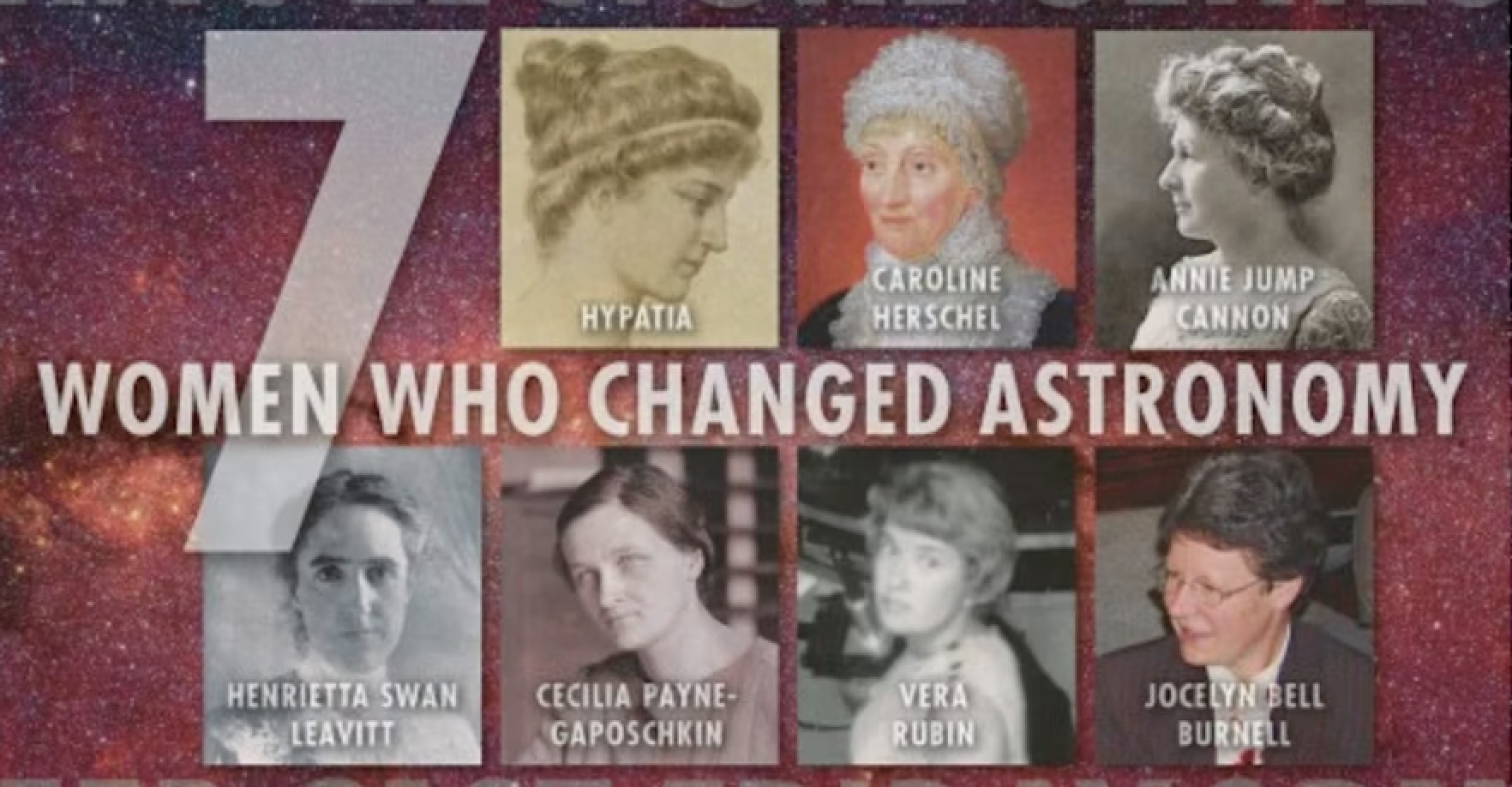
Women Who Changed Astronomy
February 22, 2025
5 - 7 PM - SOUTHOLD INDIAN MUSEUM TOURS
8 PM - MIDNIGHT at CUSTER OBSERVATORY
Today, less than 20% of people involved in the fields of astronomy and physics are women. Historically, there were even fewer women in the field. From the time when humans first looked up into the sky until now, a countless number of women have made significant field-changing discoveries and contributions. These contributions include the measurement of planet and star positions dating back to the first century, stellar composition, the development of the Hubble constant, pulsars, neutron stars, black holes and dark matter. This talk highlights seven of those women who have made impactful changes to our understanding of the universe.
The presenter, Steven Bellavia, was the principal mechanical engineer for the camera on the Vera Rubin telescope (formerly called the Large Synoptic Survey Telescope, LSST) at Brookhaven National Laboratory, where he has worked since 1992. Prior to that, Steve was doing research and engineering for the Relativistic Heavy Ion Collider and the NASA Space Radiation Laboratory. As an aerospace engineer for Grumman Aerospace with the Thermodynamics Group of the Space Division he played a key role in developing a nuclear rocket engine and with the design, fabrication, and analysis of a micro-gravity liquid droplet radiator that flew on Space Shuttle mission STS-029.
Steve has been recognized for the discovery of the Clair Obscure effect "Lunar L", which is described in the December 2018 issue of Astronomy magazine. He is also an assistant adjunct professor of astronomy and physics at Suffolk County Community College and the Astronomy Education and Outreach Coordinator at Custer Institute and Observatory. He has mentored numerous interns (many young women included!) through Custer's Education and Research prorgam studying Near Earth Objects, a project which succeeded in having Custer Institute recognized by Harvard Univerity as a Minor Planet Center Observatory.
Following the presentation, Observatory staff will provide guided tours of the night sky (weather permitting) through the many telescopes on site, including the apochromatic Zerochromat telescope in our historic observation dome.
$5 Adult, $3 Children Under 16, Observatory Members FREE. Your donations make it possible to offer programs like these and are greatly appreciated. Due to limited seating, registration is strongly encouraged.
Registration/Ticket Portal

|

